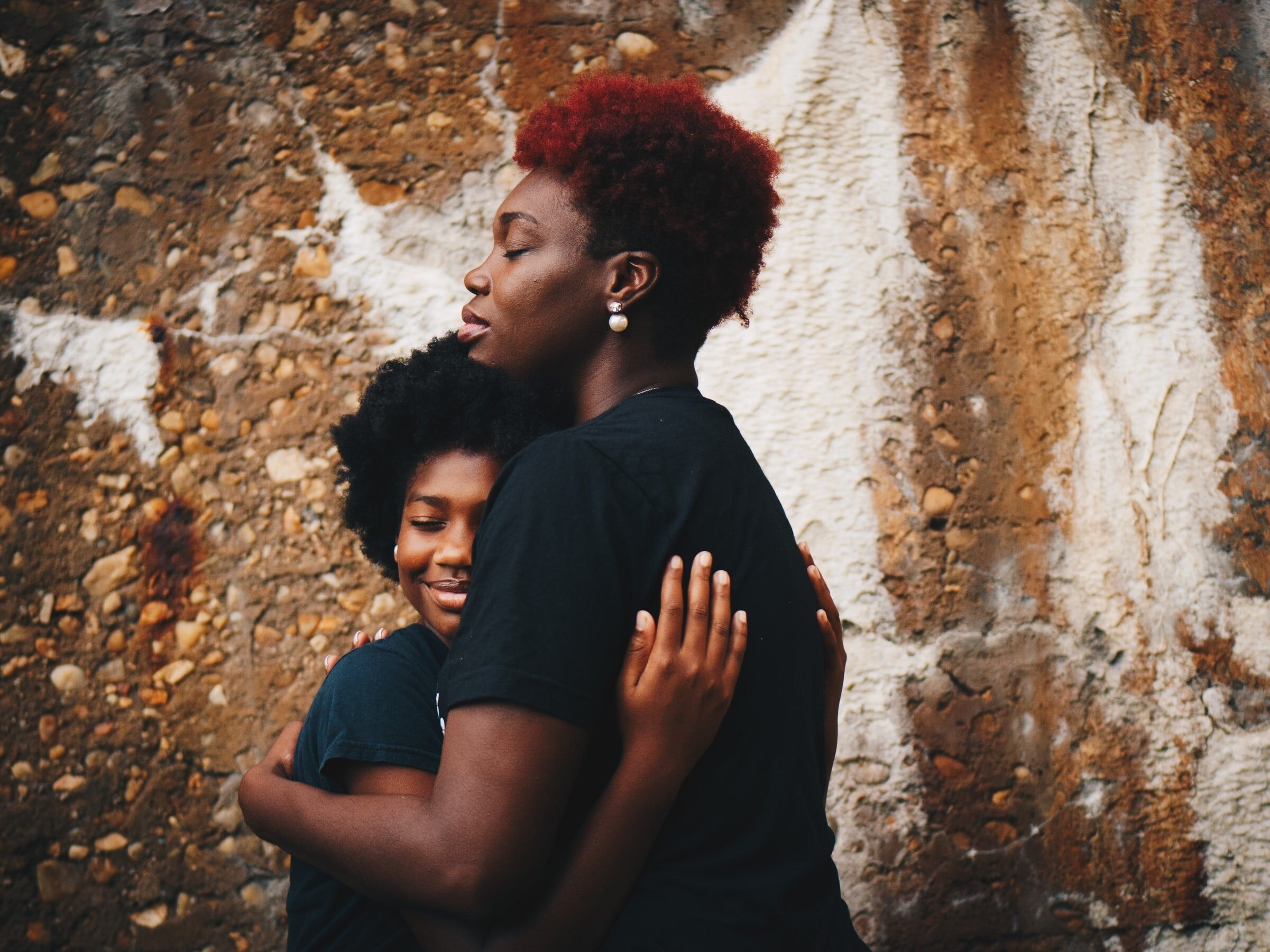
Parenting Mistakes as Opportunities for Repair
When it comes to parenting, cultural messages can be confusing, and parents wonder if it’s okay to acknowledge their mistakes—“what happens if my child knows I messed up? Will they still respect me?” Apologizing can be hard, and scary, but I encourage you to do it anyways!
I’ve been thinking about apologies lately, particularly in relation to parenting (although knowing how to apologize is a valuable skill in any kind of relationship). Many of us have known someone who apologizes so frequently that it feels meaningless. Most of us know what it’s like to feel hurt and have the person who hurt us never apologize or validate our experience.
When it comes to parenting, cultural messages can be confusing, and parents wonder if it’s okay to acknowledge their mistakes—“what happens if my child knows I messed up? Will they still respect me?” Apologizing can be hard, and scary, but I encourage you to do it anyways!
Here’s why: In any relationship, there will be ruptures—times when you forget something, misunderstand, react instead of listening or responding, say something that hurts the other person’s feelings, etc. These are inevitable; we try to avoid them, but they happen. What we do afterwards is so important and can cause further harm to the relationship or create an opportunity for repair, healing, and greater understanding.
Positive Discipline breaks the process of recovering from mistakes into the following steps, also known as the Four Rs of Recovery:
Recognize that you made a mistake: Share your part of the mistake with your child. (Avoid blame or guilt and focus on what you can learn from it.)
Responsibility: Be specific in taking responsibility for your part: "I yelled at you instead of telling you my feelings."
Reconcile: Apologize. Children are so forgiving when you let them know you are sorry.
Resolve by focusing on solutions: Brainstorm for an agreement that will be respectful to fix the problem or prevent it in the future such as: “I would appreciate your help finding a solution to this problem.”
So, let’s use the example of yelling at your child (most of us have been there). Instead of casting blame “If you would just listen to me I wouldn’t have to yell!” or ignoring the incident completely, let’s say you calm down and then go to your child and say “hey, I shouldn’t have yelled at you. I was feeling angry and I should have taken a deep breath or told you how I felt. Instead, I lost my temper. I’m sorry I yelled. Do you have any ideas about what we could do next time to avoid that situation? I could use your help thinking about it.” What would that feel like? Did anyone ever do that for you when you were young?
While it’s not your child’s responsibility to keep you from getting mad or manage your emotions, when the situation involves them (e.g. you asked them to clean their room five times and they kept playing video games), it can be helpful to engage in joint problem solving so that you can both handle the situation in a more respectful way the next time. Maybe you agree that chores will be completed before video games, or you’ll ask in a way that’s easier for them to hear. Maybe part of the plan involves taking a break when you start feeling overwhelmed. Your child may surprise you with their ideas!
In my opinion, skipping this process is a missed opportunity to teach valuable life skills and instill character traits such as empathy and responsibility. When you engage in the process you are teaching your child:
That people make mistakes and it’s okay—own them and try to do better next time
That they are important enough for you to take the time to apologize
That their feelings matter
That their opinions and ideas matter
Problem solving skills
How to maintain a healthy relationship and resolve conflict
What respect feels like and looks like
How to express feelings and needs in a healthy way…and so much more.
While you likely won’t get it right every time, each time you try you are deepening your connection with your child, communicating love and respect, and teaching them how to be caring and responsible humans.
Resilience: What is it and how can you cultivate it in your children and yourself?
Resilience: (n.) “an ability to recover from or adjust easily to misfortune or change” (Meriam-Webster Dictionary).
Being human means living with uncertainty, change, and hardships, and while we can’t protect our children, or ourselves, from these things, we can cultivate resilience. In a way, building resilience is like preemptive coping. It’s like going to the gym or eating healthily so your body is strong and your immune system is able to fight off the common cold or get you through surgery. Like anything, resiliency takes practice and repetition, ideally in times of lower stress.
Six ideas for encouraging resilience
“Collect joy”
According to the researcher, and author Brene Brown, “Joy, collected over time, fuels resilience – ensuring we'll have reservoirs of emotional strength when hard things do happen.” Savor the positive moments, as these happy memories or emotional reserves will help you get through the hard times.
Encourage Expression
“Resilience is very different than being numb. Resilience means you experience, you feel, you fail, you hurt. You fall. But, you keep going,” —Yasmin Mogahed
I tell clients on a daily basis that all feelings are OK! Allow yourself and your children to feel. Dance with joy, scribble in anger, cry along with a sad song…whatever helps you release. With children, identifying and reflecting back the feelings they may be having can help them build an awareness of their emotional states. “I can see that you’re feeling sad because it’s time to leave your friend’s house and you were having so much fun…”
Teach problem solving skills
Instead of solving problems for your kids, help them come up with solutions. Have a brain-storm session where any and all ideas are welcome (even super silly or unrealistic ones). Let your child try the solution they decide on and follow up with how it went. If necessary, help them choose another option to try. Family meetings are a great way to do this on a weekly basis.
Have compassion
Have you ever lost your temper and yelled at your child or your partner? Or burned dinner? Most of us have! And we can learn a lot from our mistakes. After all, mistakes are wonderful opportunities to learn! Instead of beating yourself up, think of two things: what you can do differently next time, and all the times you didn’t burn dinner or you breathed through a challenging interaction. Children can be incredibly forgiving, so if you apologize, let them know how you were feeling, and identify what you plan on doing differently next time, you’ll not only be strengthening your connection with them, but showing them that we all make mistakes and that’s OK!
Cultivate supportive relationships and ask for help when needed
This can look many different ways: joining a community group such as a church or service organization, engaging in hobbies with others, connecting with your child’s school or focusing on building stronger connections in your family. Ask for help when you need it (note: everyone needs it at some point)! While it may feel uncomfortable, I believe that asking for help is a skill that should be taught and applauded.
Show faith
Showing faith means giving your child the tools to deal with difficult situations instead of solving them for your child. Children learn from the reactions of the adults around them, and when adults consistently do things for a child that they could do themselves, the child may internalize the message that they can’t be trusted. Showing faith doesn’t mean leaving your child alone to fail, but instead letting them know that they are capable and that you are there if they need you.






